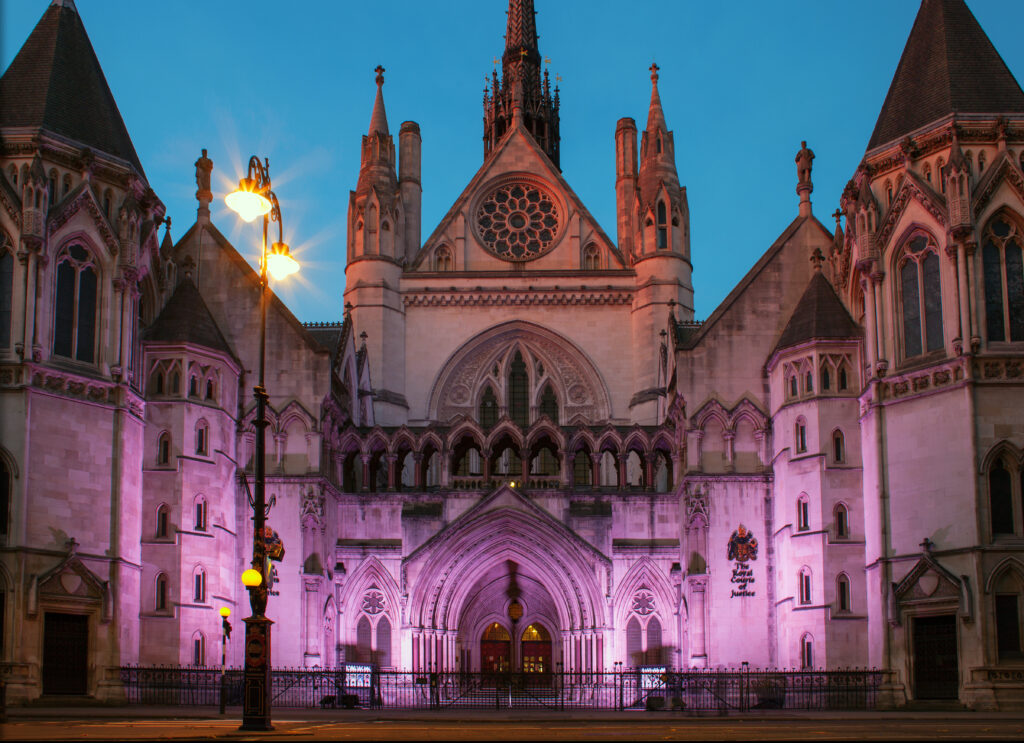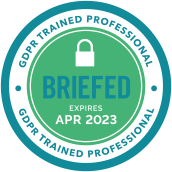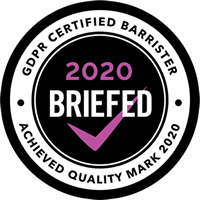
BYERS and ors v. SAMBA FINANCIAL GROUP
9th April 2020
The Defendant (Samba) is one of the largest banks in Saudi Arabia, with branches elsewhere in the world. At the time of the global financial crisis Samba’s larger debtors included Maan Al Sanea and his Saad group of companies, including Saad Investments Company Limited (SICL), incorporated in Cayman.
Al Sanea offered to reduce his indebtedness to Samba by transferring substantial shareholdings registered in his name in 5 Saudi banks (including Samba itself); Samba accepted and the transfers took place in September 2009 Several years previously Al Sanea had declared trusts of shares he held in those 5 Saudi banks in favour of SICL.
SICL entered liquidation in July 2009. In 2013, its liquidators commenced insolvency proceedings against Samba in the Chancery Division in respect of the transfers (Akers v Samba). Those proceedings eventually came to a premature end by reason of decisions of the Supreme Court (in 2017) and the Court of Appeal (in 2019).
In 2017, in light of the Supreme Court’s decision, the Claimants commenced the present proceedings. In these proceedings the Claimants claim compensation from Samba in respect of its receipt of the shareholdings allegedly in the knowledge that SICL was their beneficial owner (or otherwise interested in the shares). The claim is put primarily under Cayman or English law, with an alternative Saudi law claim. The total amount claimed is in excess of US $300m.
At the first CMC in November 2018 an order for standard disclosure was made. A lengthy time for compliance was set (expiring in September 2019) because Samba wanted to be satisfied that its Saudi regulator (SAMA) had no objection to disclosure being given. A trial was shortly thereafter fixed to commence in October 2020 and to last for 6 weeks.
On the eve of the disclosure deadline (which the Claimants themselves met, at Samba’s insistence), Samba applied for an extension of time for its own disclosure on the ground that it required SAMA’s consent before it could comply, and that consent had not been forthcoming. The Court refused an extension until early January as sought, but reluctantly granted an extension until 13th December 2019.
On the eve of the second deadline, Samba again applied for an extension of time until January 2020. This time the Court refused the application. The Claimants had by then issued an application for an unless order or for Samba to be debarred from defending, which the Court adjourned until January.
Also adjourned was Samba’s alternative application for the order for standard disclosure to be revoked, relying on the recent Court of Appeal decision in Bank Mellat v HM Treasury, and alleging that if it were to give disclosure there was a serious risk that it would be prosecuted in Saudi Arabia by SAMA (or at SAMA’s behest) and therefore it was exposed to the possibility (it contended probability) of being fined, having its banking licence withdrawn and seeing its senior employees imprisoned.
The adjourned hearing took place over 3 days at the end of February. In addition to the debarral and revocation applications, Samba had in the meantime also issued applications for the trial of preliminary issues and for the court to issue a letter of request to the Saudi Ministry of Foreign Affairs to instruct SAMA to consent to Samba giving disclosure.
In its judgment handed down on 8th April (2020 EWHC 853), the Court dismissed all Samba’s applications. The Court instead acceded to the Claimants’ application that Samba’s Defence be struck out and Samba be debarred from defending the claims, save as regards 5 discrete points which it adjudged are not adversely affected by Samba’s lack of disclosure but concern points of law or turn on expert evidence. The October trial will thus be considerably reduced in length (and probably last only 1-2 weeks).
The judgment is a significant one on several points, not least in the decision to uphold the order for disclosure notwithstanding the difficulties Samba alleged it was encountering with its local regulator, and in the flexibility shown in the Court’s response to the debarral application.
As regards the latter point, it is unusual for a court to pick and choose among issues to go to trial when there has been a serious failure to comply with one of its orders: there are many cases, particularly in the freezing order context, where a failure to give adequate disclosure (eg of assets) has resulted in a complete debarral, even though a trial on the merits is not adversely affected in any way by the absence of the disclosure.
Stephen Smith QC acts for the Claimants in the 2017 proceedings (he was not instructed in the 2013 proceedings).



